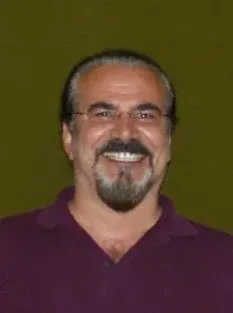The grant for ALS research is awarded over a three-year period and pertains to the project "Validation of PET camera tracer for the examination of motor neurons in ALS and related motor neuron diseases."

What was your reaction when you found out you received this amount for your research?
"I was, of course, extremely happy and at the same time very grateful for such a generous contribution to a research project that I am convinced will make a difference in ALS research. I couldn't help but share this good news with my co-researchers Amit Kumar, Rajnish Kumar, and Sangram Nag, who have helped me with the project for many years."
What will the money be used for in the project?
"The majority of the money will be used to recruit postdoctoral researchers to work on the project, and at a later stage, a significant portion will be used for the planned PET camera studies on ALS animal models."
What is the research about?
"The overall goal of the project is to validate some new imaging probes to help diagnose, monitor, and assess the effectiveness of treatment for ALS and other related motor neuron diseases. To achieve this, we focus on a specific protein called ChAT (pronounced 'kat'). This protein is important because it is the main marker for the nervous system that controls virtually all our muscle cells. It produces the neurotransmitter acetylcholine, which is used by the nervous system to control muscle movements throughout the body. ChAT is one of the first proteins affected in ALS. The project is also of great importance for major dementia diseases such as Alzheimer's disease because ChAT is found in similar nervous systems involved in memory and a range of other cognitive functions in the brain."
"We have created special compounds to track ChAT with a PET camera. Currently, there is no ChAT-specific PET camera tracer available for this purpose in clinical settings. PET camera examinations are usually used in hospitals to check how well certain neuronal functions in the brain or body are working."
"We believe that this research will lead to these PET imaging tools being used on patients with these serious conditions in the near future," concludes Taher Darreh Shori.






